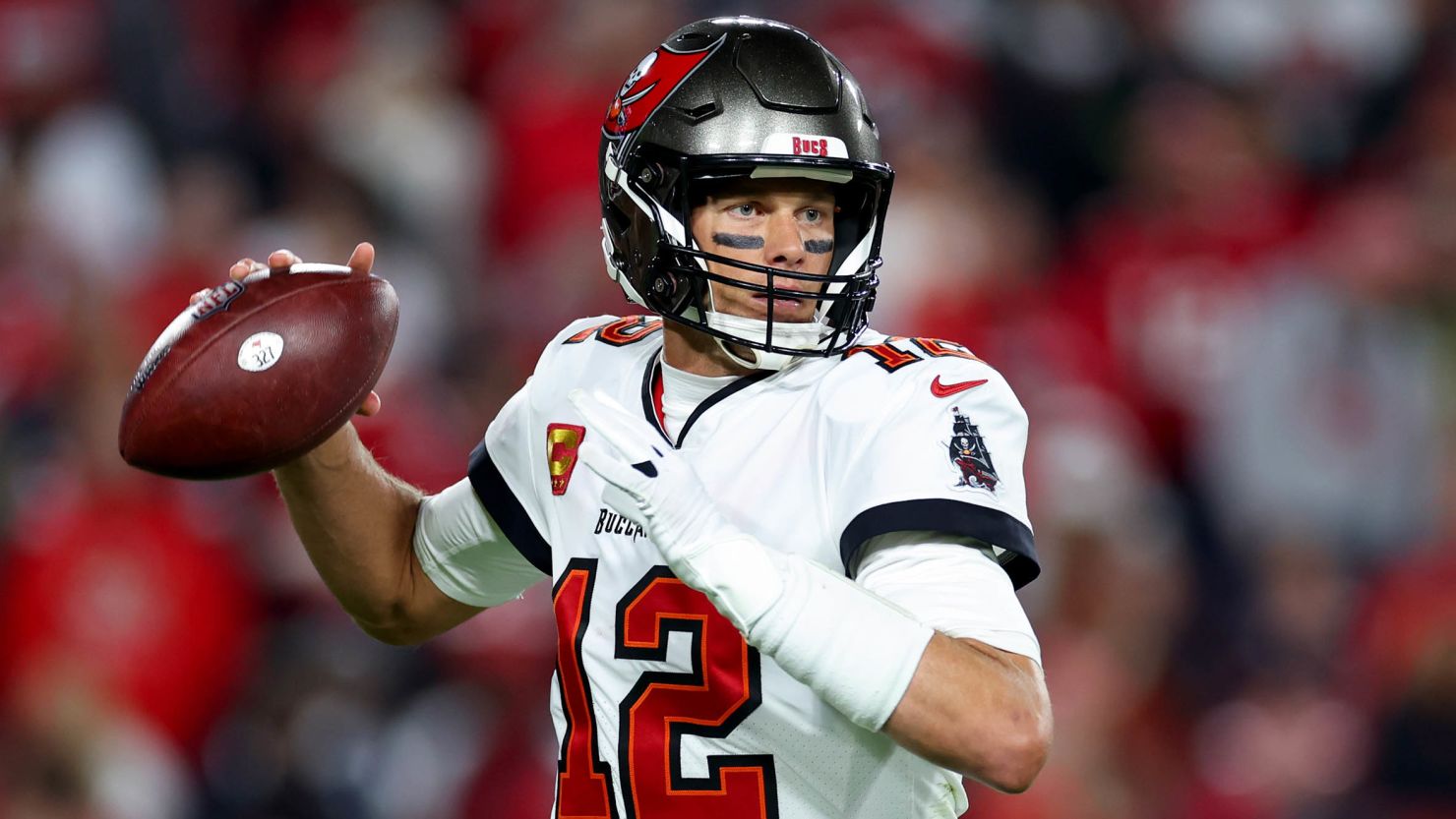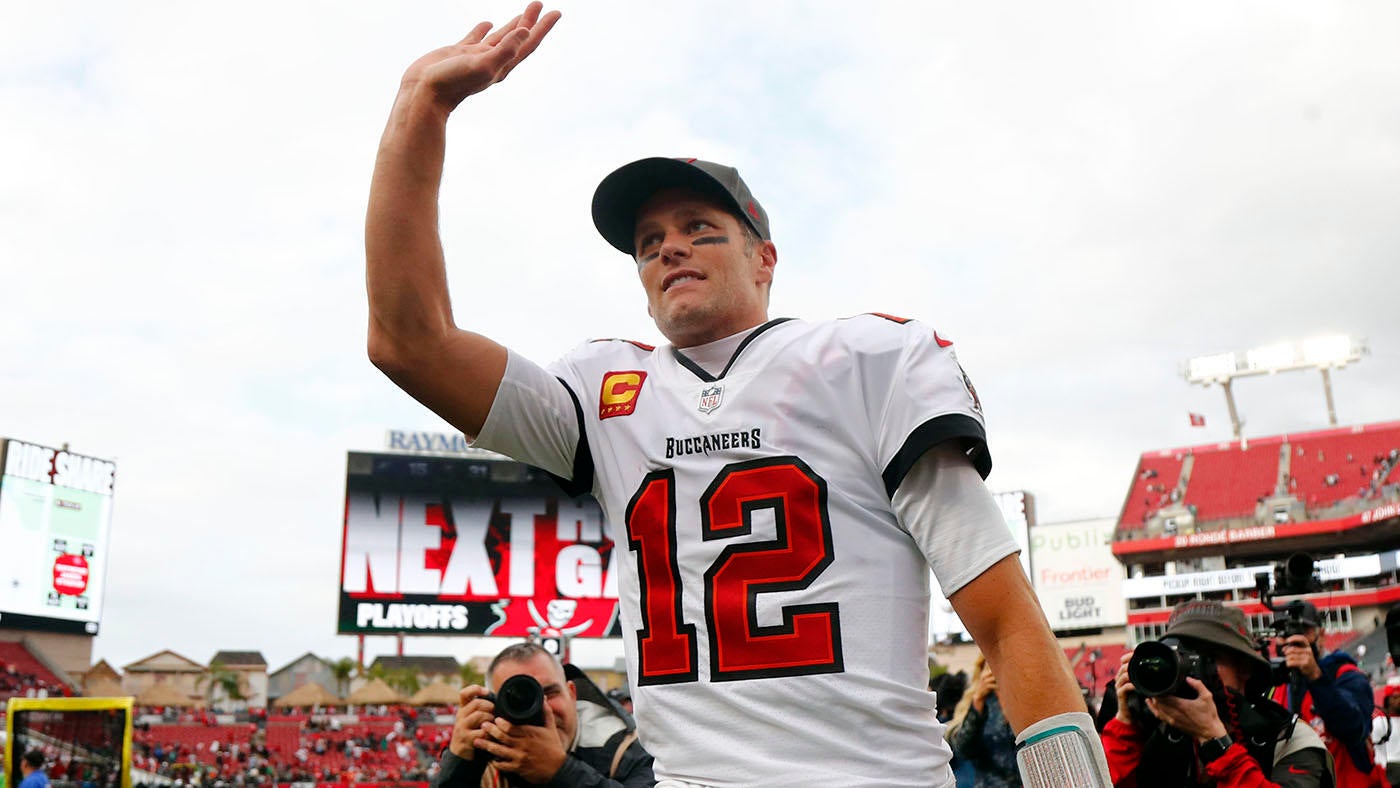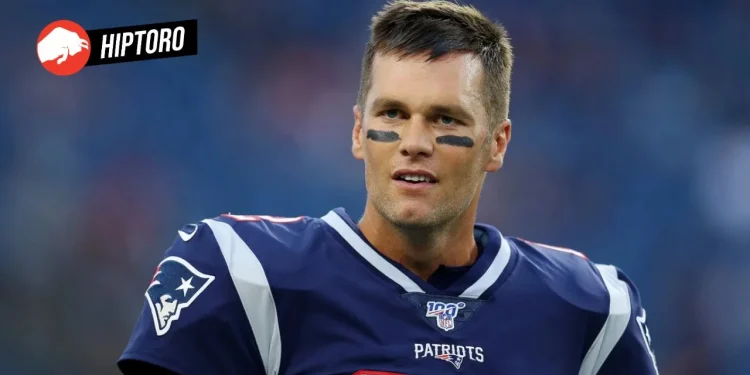In the high-stakes game of NFL careers post-retirement, Tom Brady, the legendary quarterback known for his unparalleled achievements on the field, finds himself at a crossroads that could redefine his influence off the field.
The essence of Brady’s current predicament lies in a choice between two monumental roles: stepping into the spotlight as Fox’s lead NFL analyst or embracing the strategic challenges that come with an ownership stake in the Las Vegas Raiders. This decision, brewing amidst a sea of speculation and insider reports, presents a unique look into the complexities faced by athletes as they navigate their legacies beyond the gridiron.

The Decision at Hand: Broadcasting Excellence or Ownership Ambitions?
The debate surrounding Tom Brady’s future has been fueled by recent revelations indicating that NFL team owners might delay their decision on Brady’s long-anticipated purchase of a stake in the Raiders. According to Mark Maske of the Washington Post, concerns about potential conflicts of interest have cast a shadow over Brady’s dual aspirations, leading some to question the feasibility of balancing such distinct responsibilities. Despite the allure of a $375 million, 10-year contract with Fox, Brady’s agreement to become a limited partner with the Raiders hangs in a delicate balance.
Eben Novy-Williams of Sportico and NFL insider Mike Florio have shed light on the multifaceted issues at play, ranging from financial disagreements to concerns about Brady’s access to team facilities. The intricacies of these discussions reveal a tapestry of economic and ethical considerations that NFL owners and Brady himself must navigate.
Who is the greatest player in NFL history NOT named Tom Brady, Joe Montana, or Jerry Rice?
Go 👇 pic.twitter.com/wZ18jKIKYI
— SleeperNFL (@SleeperNFL) March 25, 2024
Navigating the Intersection of Media and Ownership
The core of the debate lies in whether Brady can simultaneously offer insightful commentary as Fox’s leading voice while holding a stake in an NFL team. This duality presents unprecedented challenges in an industry where insider access and impartiality are prized. The concerns of NFL owners, as outlined by Maske, revolve around the potential for conflicts of interest, particularly regarding Brady’s involvement in broadcast preparations and access to team practices.
Such concerns underscore the broader question of how retired athletes can leverage their experience and insights without compromising the integrity of their roles within the sport’s ecosystem. Brady’s situation is emblematic of the evolving dynamics between media, ownership, and the game itself.

The Future Awaits: Tom Brady’s Potential Pivot
As speculation mounts, the sports world eagerly watches to see how Brady will navigate this pivotal moment. Richard Deitsch of The Athletic suggests that Brady’s diverse interests may ultimately lead him to reconsider his commitment to broadcasting, potentially paving the way for Greg Olsen to assume the mantle of Fox’s No. 1 analyst. This possibility hints at the fluid nature of post-retirement careers for elite athletes, where opportunities and challenges coexist in equal measure.
With NFL owners not scheduled to reconvene until May, Brady’s decision remains a focal point of discussion, emblematic of the broader themes of legacy, influence, and the intersection between personal ambition and collective governance in professional sports. As this narrative unfolds, it serves as a compelling case study of the complexities of navigating life after the limelight, where the choices made by sports legends like Tom Brady have the power to influence the future of the game in ways yet to be fully understood.

Source: Yard Barker









